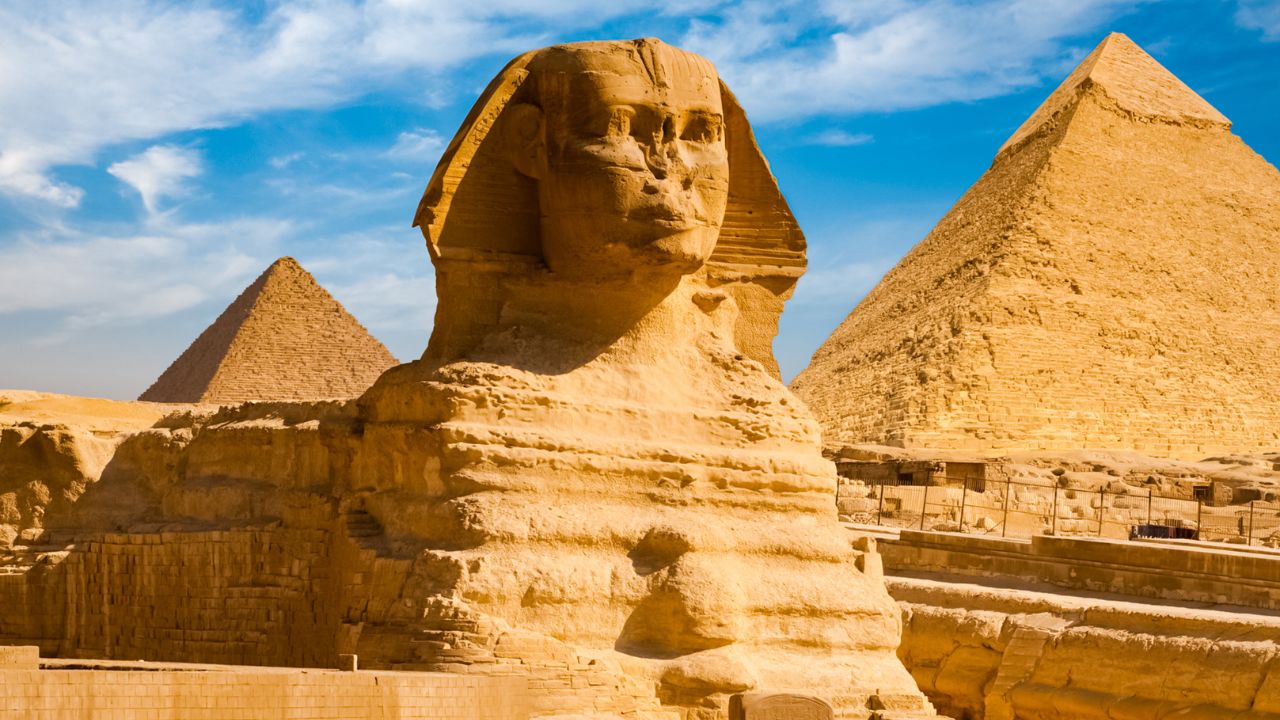Like whispers in the wind, the echoes of ancient civilizations reach us from the sands of time. Majestic pyramids, grand coliseums, towering ziggurats, and intricate carvings stand as silent witnesses to the grandeur of bygone eras. Amongst these ancient ruins, our curious minds often birth many questions. Come, let us venture into the past and seek the answers to ten such frequently asked questions about ancient civilizations.
One of the most fundamental questions one might ask is, “What is an ancient civilization?” By definition, a civilization is an advanced state of human society characterized by a high level of culture, science, industry, and government. Ancient civilizations are those that flourished long before the dawn of the modern era, laying the foundations for the world as we know it today.
This leads us naturally to the question, “What is considered the oldest civilization?” While the exact origins are subject to ongoing research and debate, historians often credit the Sumerians of Mesopotamia with establishing the world’s first civilization around 3000 BCE. This civilization, located in the fertile valleys between the Tigris and Euphrates rivers, saw the invention of writing and the wheel, along with the emergence of complex political and social structures.
One might then ask, “Which were the most influential ancient civilizations?” There are several contenders, each contributing uniquely to the annals of human history. The Egyptians with their monumental pyramids and complex understanding of the afterlife, the Greeks with their philosophy, art, and the concept of democracy, and the Romans with their republic, laws, and engineering prowess are among the most influential ancient civilizations.
Often, people wonder, “What caused the decline of these great civilizations?” The fall of ancient civilizations was usually a result of a combination of factors, including military invasions, economic collapse, natural disasters, and social upheaval. For instance, the fall of the Roman Empire is attributed to internal decay and external pressure from Barbarian invasions.
Then comes the question, “How did ancient civilizations affect our modern world?” The influence of ancient civilizations permeates every aspect of our modern lives. From the democratic ideals we cherish, the laws we abide by, the languages we speak, to the technology we use – all bear the indelible imprint of these ancient societies.
Yet another query we often encounter is, “What were the religious beliefs of ancient civilizations?” This is a vast and diverse topic. Most ancient civilizations were polytheistic, believing in multiple gods and goddesses. For example, the Egyptians had an elaborate pantheon that included Ra, Isis, and Osiris. In contrast, the Hebrews of ancient Israel were one of the first civilizations to embrace monotheism, the belief in a single, all-powerful deity.
A fascinating question that arises is, “What were the technological achievements of ancient civilizations?” Ancient societies made remarkable strides in technology. The ancient Chinese invented paper, gunpowder, and the compass. The Romans designed aqueducts, an early form of water supply, and the Greeks contributed significantly to the fields of mathematics and astronomy.
“How did ancient civilizations communicate?” is a query we often hear. Communication varied greatly among ancient civilizations. The Sumerians developed cuneiform, one of the earliest forms of writing. The Egyptians used hieroglyphics, while the Phoenicians invented an alphabet, the precursor to many modern alphabets.
One more question often arises: “What was daily life like in ancient civilizations?” Life varied depending on social status, location, and era, but most ancient civilizations were agrarian, with people’s daily lives revolving around farming. Artisans, traders, priests, soldiers, and rulers each had their roles, contributing to the society’s function.
As we conclude our exploration, let us ponder, “What mysteries do ancient civilizations still hold?” Despite significant advances in archaeology and history, there remain many unsolved mysteries, from the purpose of Stonehenge to the methods used to build the pyramids. These unanswered questions continue to tantalize us, providing impetus for ongoing exploration and discovery.
As we leave the echoes of the past behind, we carry with us a deeper understanding of our ancestors. Through the answers to these ten questions, we have journeyed across the span of human history, gleaning insights from the rise and fall of ancient civilizations. These lessons from the past not only illuminate our present but also guide our future, for as philosopher George Santayana wisely said, “Those who cannot remember the past are condemned to repeat it.”












0 Comments